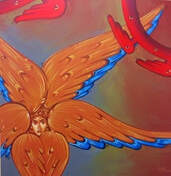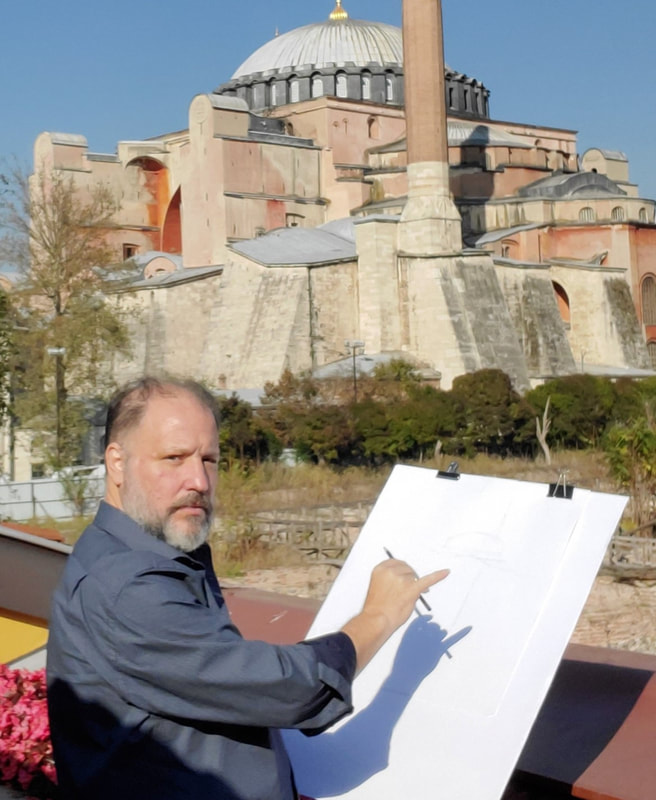It’s business as usual.Throughout Orthodox history, church schisms have typically emerged following prolonged episodes of disagreement, spanning years, decades, or even centuries, of unresolved doctrinal disputes. These divisions often culminated in ecumenical councils, where opposing factions convened to debate and seek a resolution. Numerous instances in the Orthodox Church exemplify this pattern, the Church grappling with controversies that in due course were officially declared as heretical. An archetype of this is the Arian controversy, which endured for over five decades resulting in various factions that persisted until the First Ecumenical Council was convened. During this council, representatives from the Arian and Orthodox factions engaged in dialogue that eventually led to the resolution of their disparities. As a result, bishops across the ecumene subsequently aligned themselves with the established doctrine, embracing the rightful and honorable course of action.
The title Moscow "Patriarch" appears to be decisions that, in hindsight, turn out to be most lamentable. Decisions made by the Ecumenical Patriarchs in the twentieth century, like when the Ecumenical Patriarchate was compelled to acknowledge the legitimacy of the Russian Orthodox Church, appear to be decisions that, in hindsight, turn out to be most lamentable. From an ecclesiastical perspective, the appropriate canonical option would have affected Orthodoxy unblemished long-term. Nonrecognition of Stalin’s church could have prevented the amplification of Russian propaganda, which bears resemblance to current unfounded allegations involving the Patriarch of Constantinople being perceived as an American asset.
My friend and ecclesiastic compatriot Archimandrite Romanos Anastasiadis in Crete -who shares common interests and employs a similar approach in expressive tact, has faced unjust criticism by Archbishop Anastasios, elements within the Russian Church and even state-run media. This occurs even though his viewpoints align with those of myself, many esteemed Orthodox theologians, and ordinary Christians. The mildest criticism of Archbishop Anastasios from an ordinary individual is met vehemently and with the official press, while Patriarch Cyril's endorsement, no, assistance in fratricidal war remains unaddressed or handled with gentle velvet gloves. Why?
In the realm of recent online activity within the Russian nationalist circles, there's been an intriguing attempt to rekindle the discussions surrounding the Holy and Great Council in Crete. Surprisingly enough, they've managed to connect it to the Ukraine issue – quite the imaginative leap, wouldn't you say? This perspective has gained traction among supporters who propagate this narrative across the internet. Let me treat you to a different tale, I'd like to introduce an alternative account about "Bartholomew's Kolymbari Council." This version offers a different perspective on the events, aiming to provide a more nuanced understanding. I'm genuinely curious to hear your thoughts on this rendition of events. Demonstrating unequivocally, the Holy and Great Council in Crete was anything, but the impromptu "Cretan debacle" as labeled by Jatras, a former U.S. diplomat of questionable repute who now fancies himself a mediocre blogger. The Patriarch of Moscow, a staunch supporter of the Kremlin who frequently involves himself in political affairs, asserts that armed intervention is imperative. He argues that the political processes have failed to bring noticeable improvements to innocent lives, thus advocating for military aggression disguised as protection. He consistently invokes narratives of suffering Christians, abducted clergy, and desecrated churches in regions targeted by Putin's intended invasions, echoing the same themes currently employed during the Ukrainian war.
Patriarch Cyril, a prominent advocate of President Vladimir Putin, goes so far as to bless these wars as "heroic deeds" and fratricidal “war dead have their sins forgiven.” Pope Francis has cautioned Patriarch Cyril against becoming a mere instrument of Putin, dubbing him "Putin's altar boy." What’s this to do with Crete? In the annals of history, the stories of female archons stand as hidden treasures, waiting to be unearthed and celebrated. While the term "archon" often conjures images of ecclesiastic leaders, this essay embarks on a journey beyond the ecclesiastic realm to shine a light on the remarkable women who have assumed the mantle of leadership in various spheres outside the ecclesiastical realm. Their narratives are a testament to the enduring strength of the human spirit and a testament to the fact that leadership knows no gender bounds.
|
Most Popular Posts
Archives
August 2024
Categories
All
Αγιογράφος
Ηλίας Δαμιανάκης Άρχων Μαΐστωρ της Μεγάλης του Χριστού Εκκλησίας AuthorBy the Grace of God Archon Elias Damianakis has ministered in the study of Holy Iconography since 1980. In his biography you can read about Elias' life and on his portfolio page you can see where he has rendered some of his hand painted iconography or visit the photo galleries to see some of his work. There is a complete list of featured articles, awards and testimonials which you can visit, as well as a list of notable achievements here below. Please contact Elias for more information or suggestions for this website, thank you and God Bless. |
|
Orthodox Iconography
by the hand Sub-Deacon Elias Damianakis Hagiographos (Iconographer) Archon Maestor of The Great Church of Christ Archon of The Ecumenical Patriarchate [email protected] 727-372-0711 |
ο Άρχων Μαΐστωρ της Μεγάλης του Χριστού Εκκλησίας
Υποδιάκονος Ηλίας Δαμιανάκης -Αγιογράφος
Disclaimer: The views and opinions expressed on this site are those of the author and do not necessarily reflect the official policy or position of any organization I have been, currently, or will be affiliated within the future.
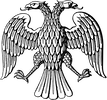
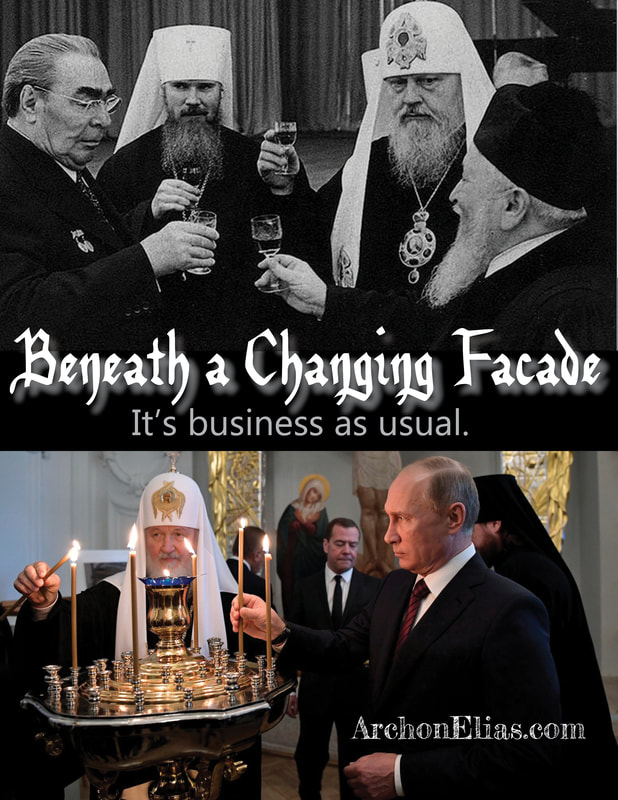
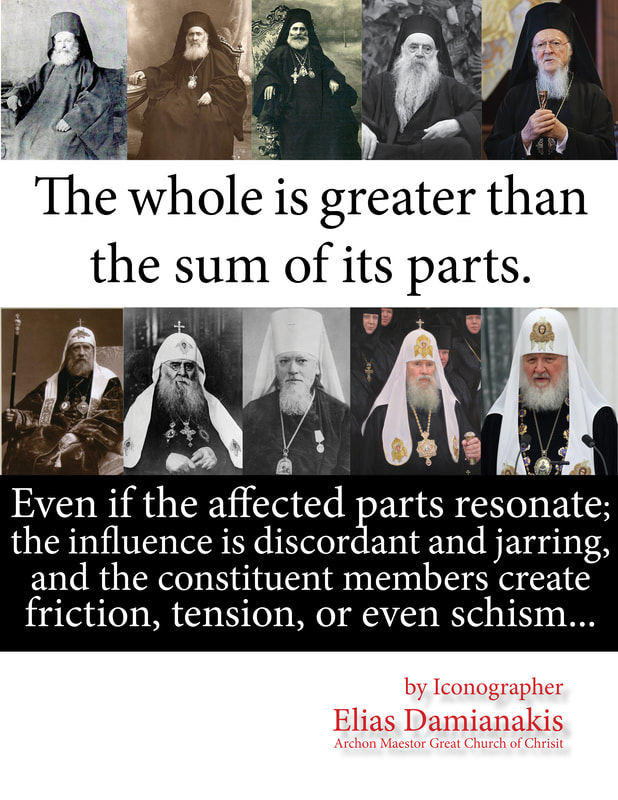
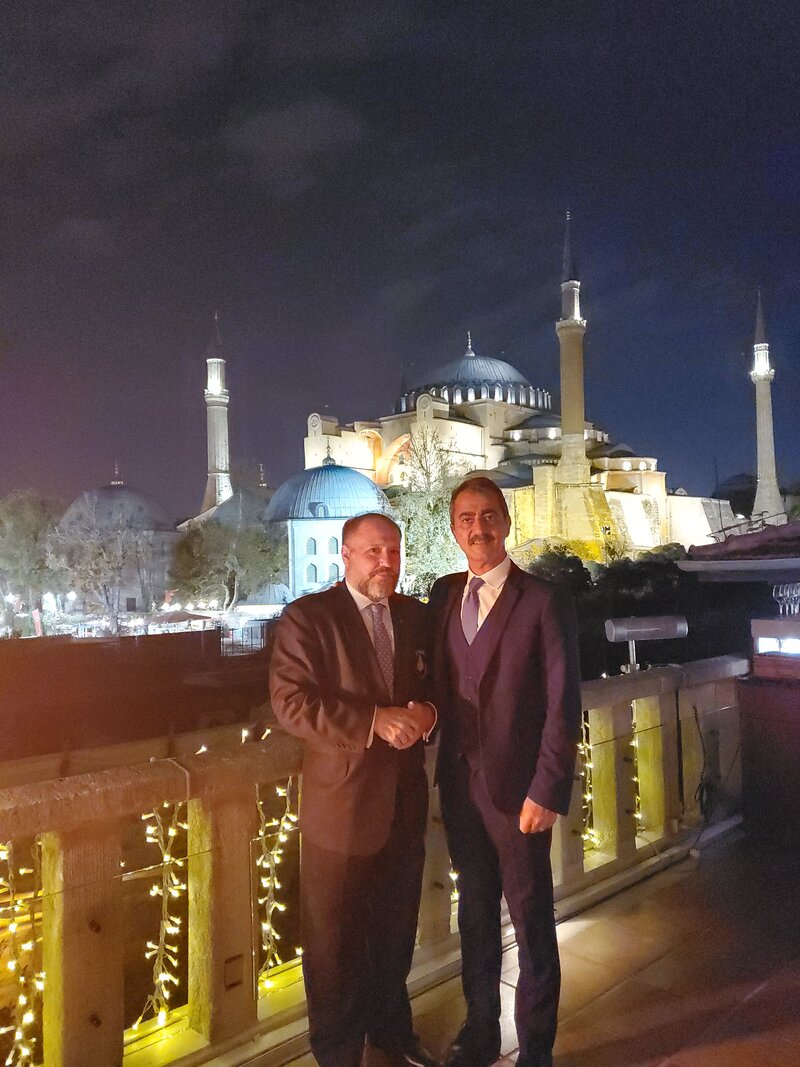

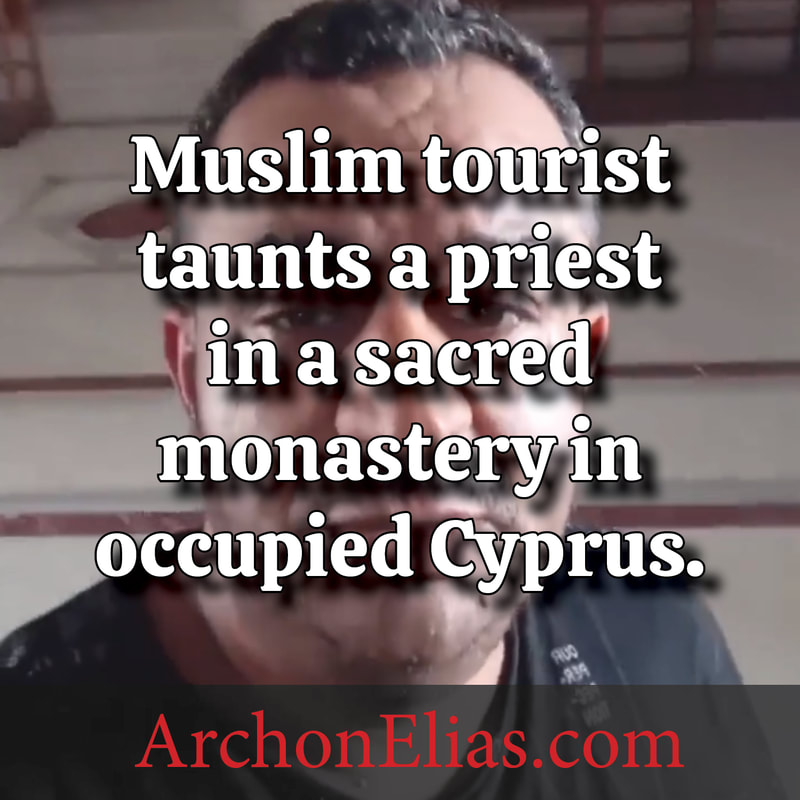

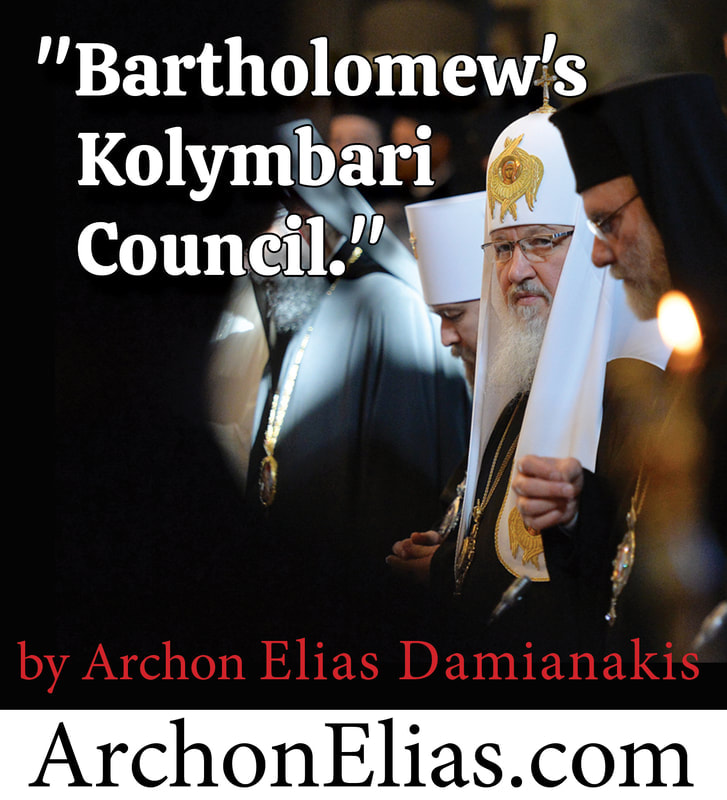
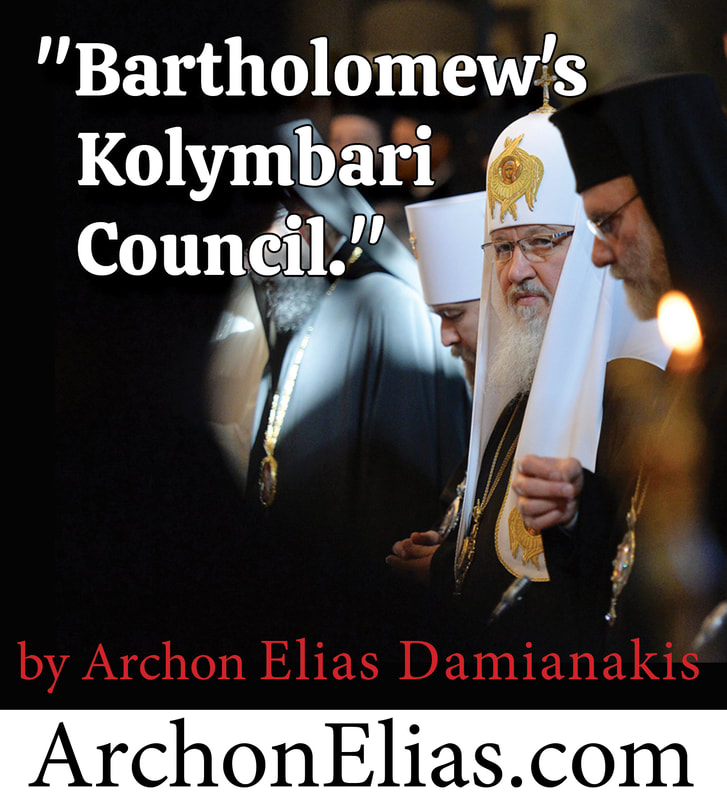
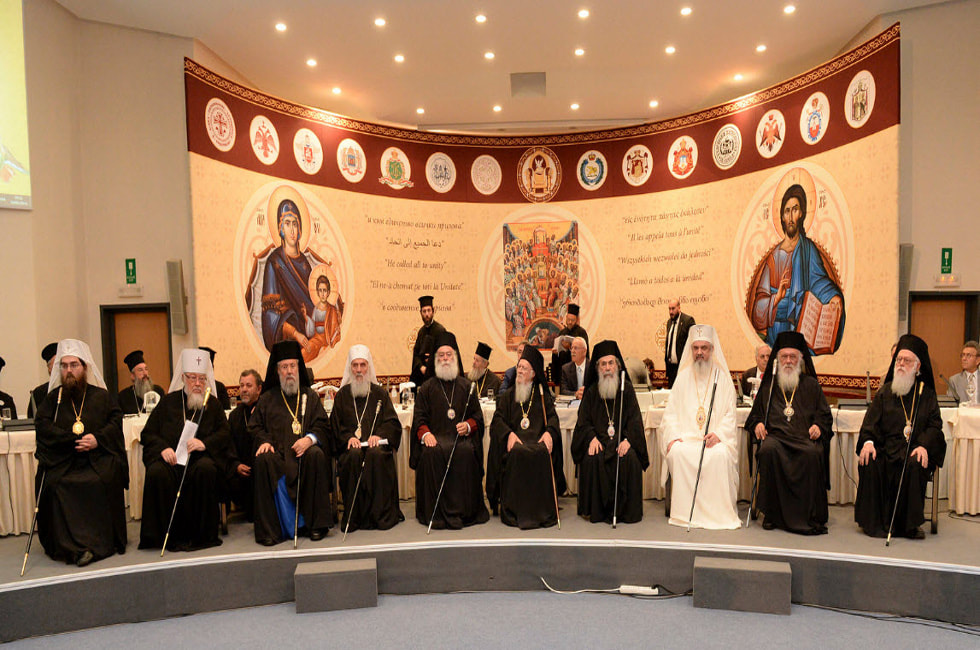
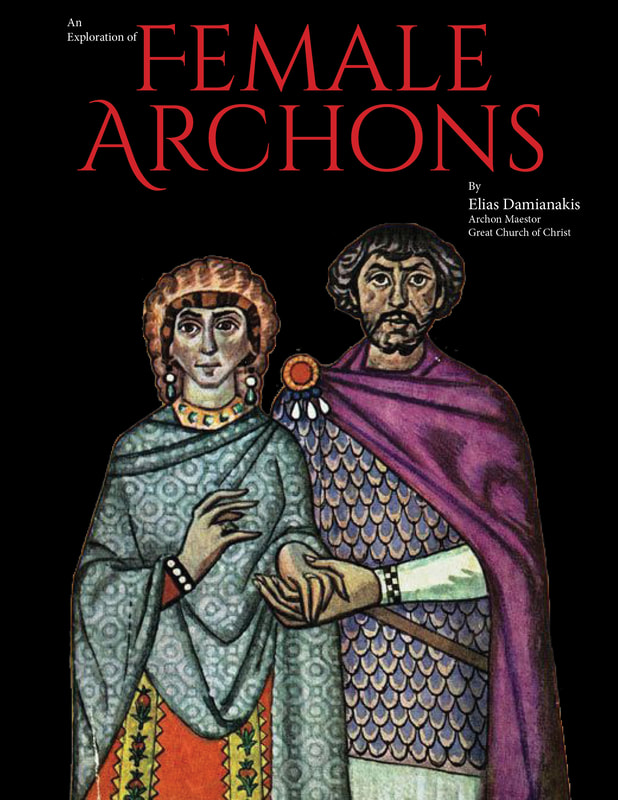

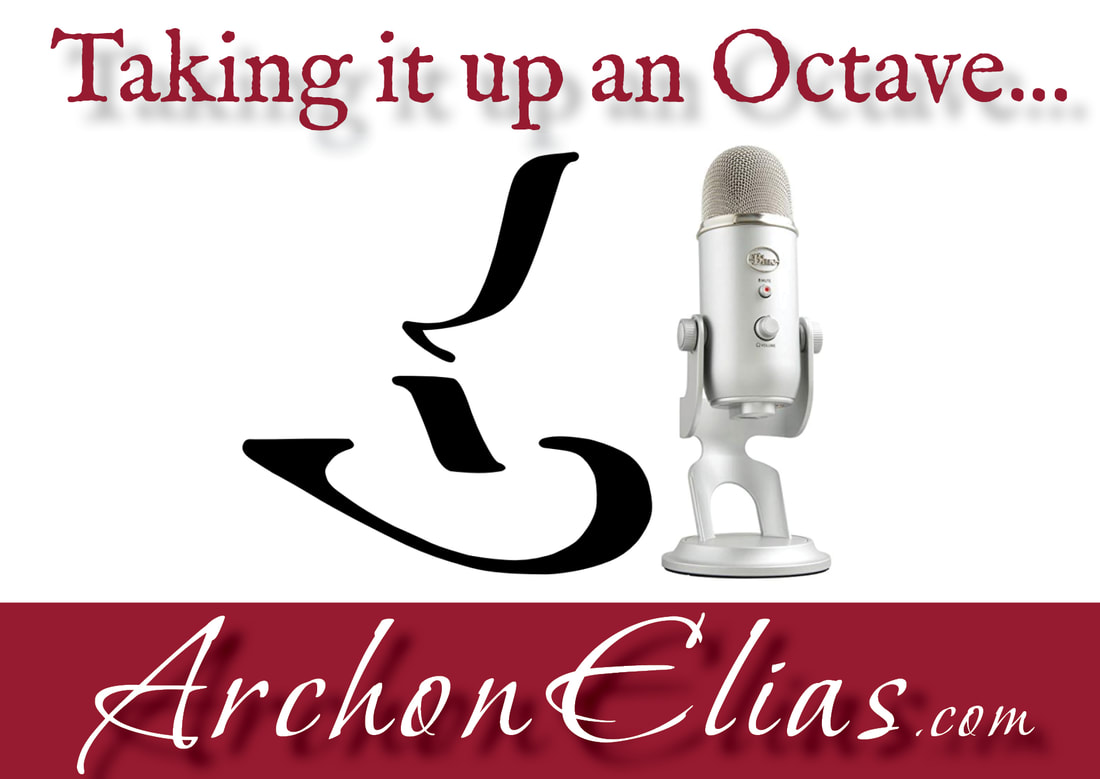
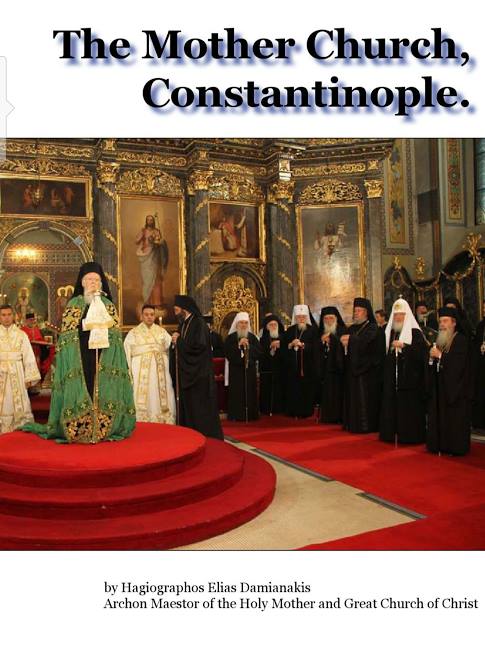
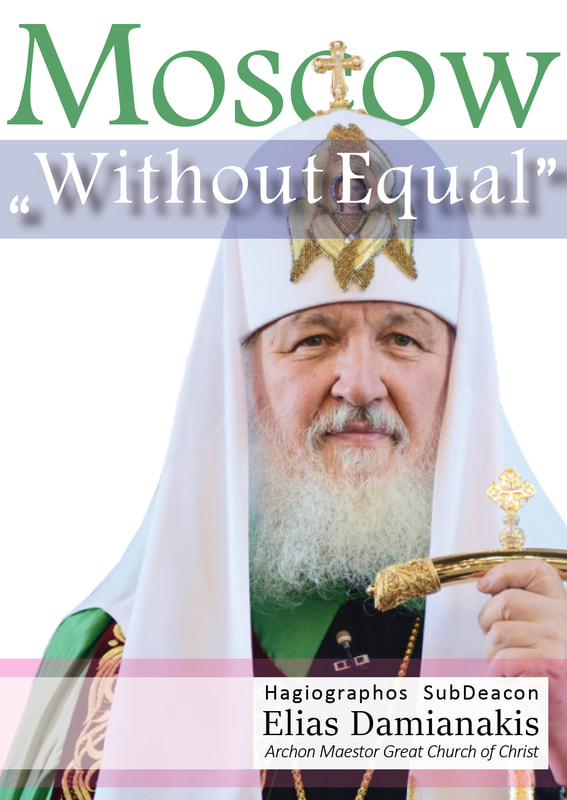
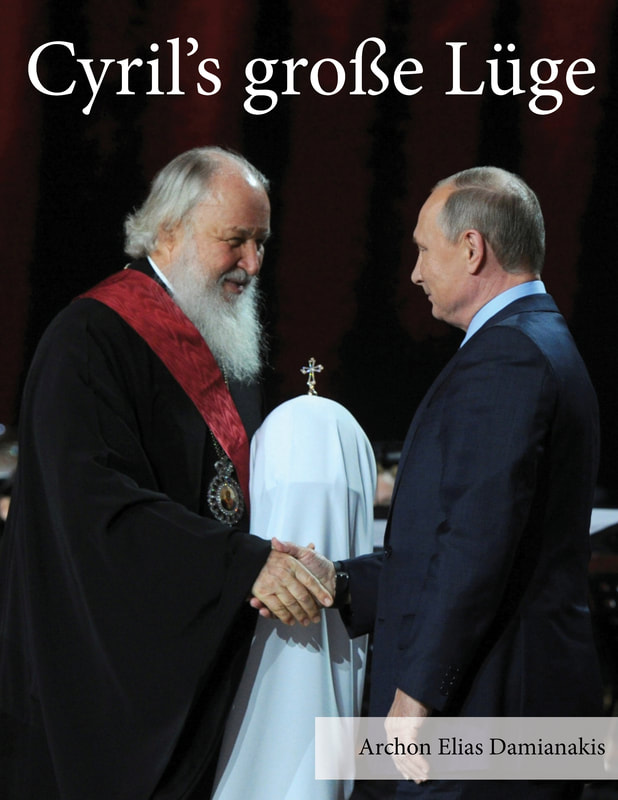
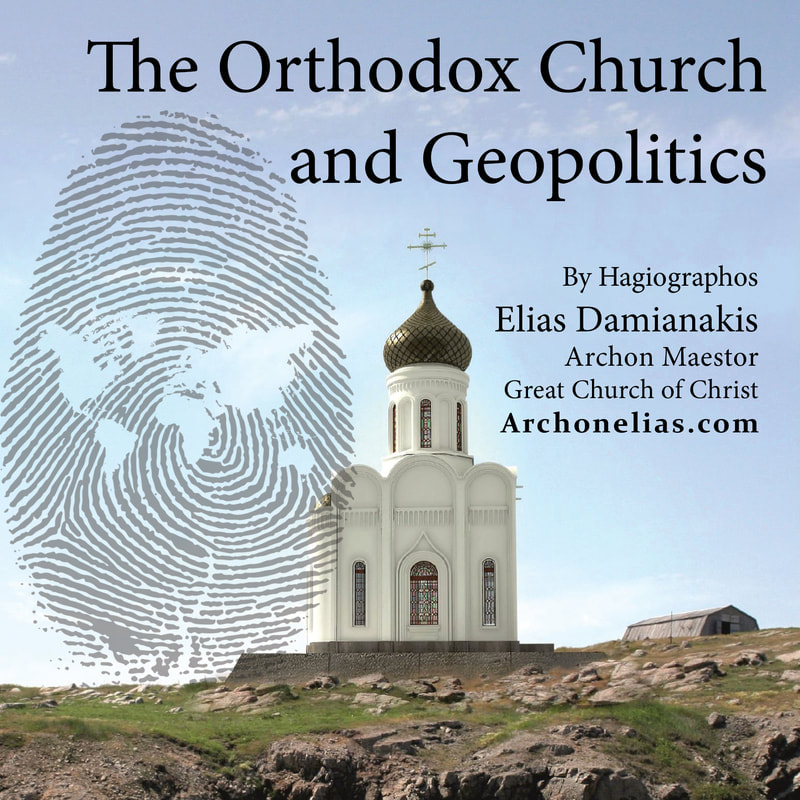
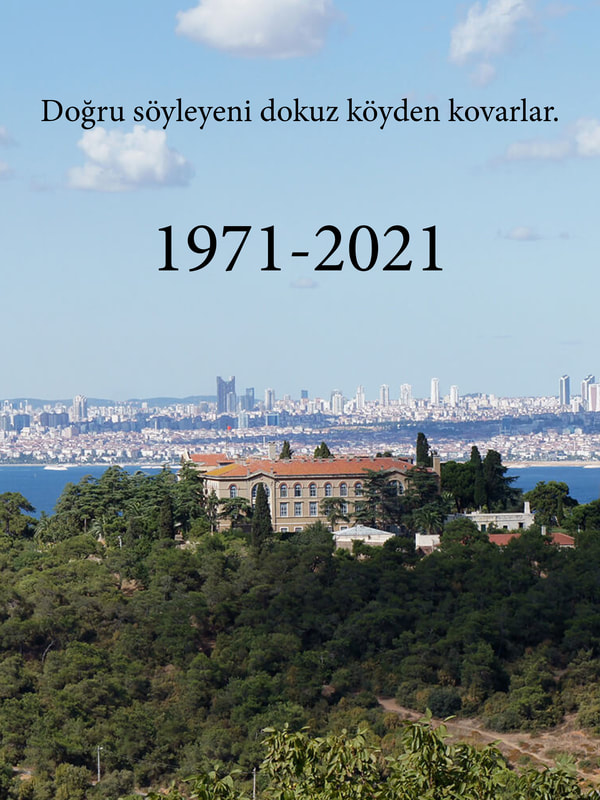
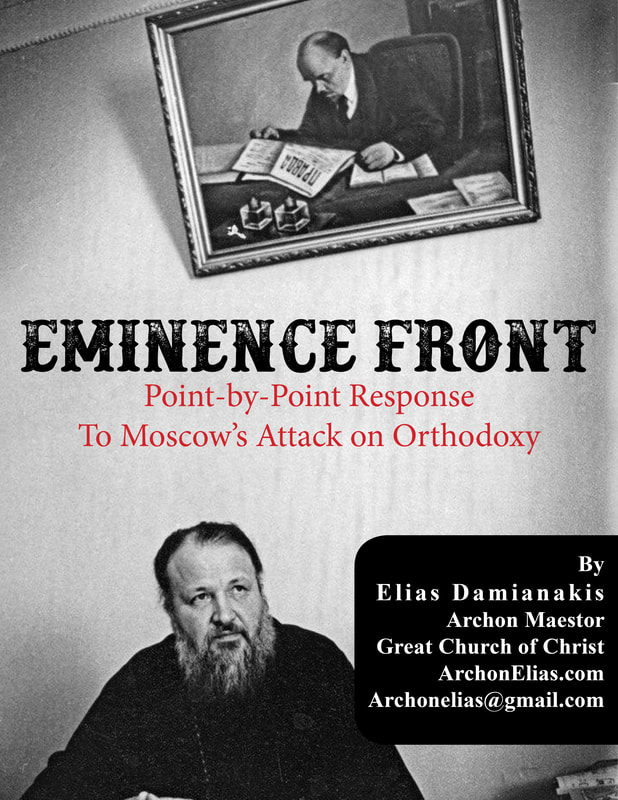
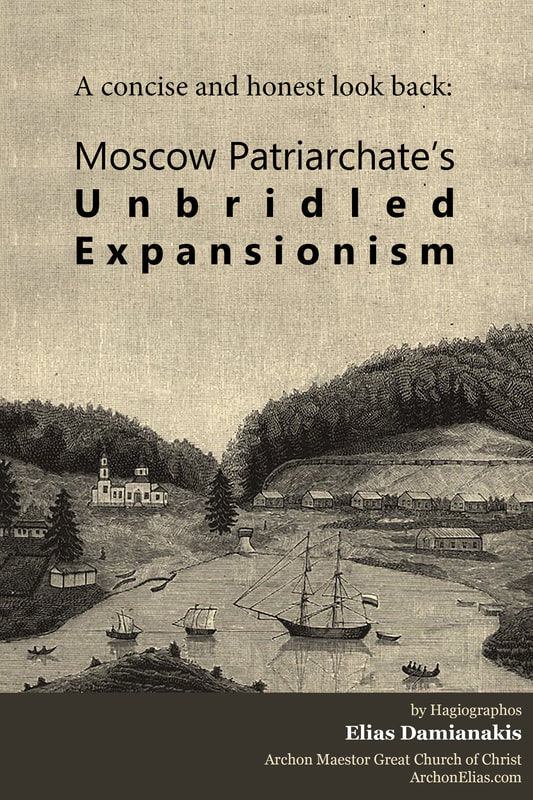
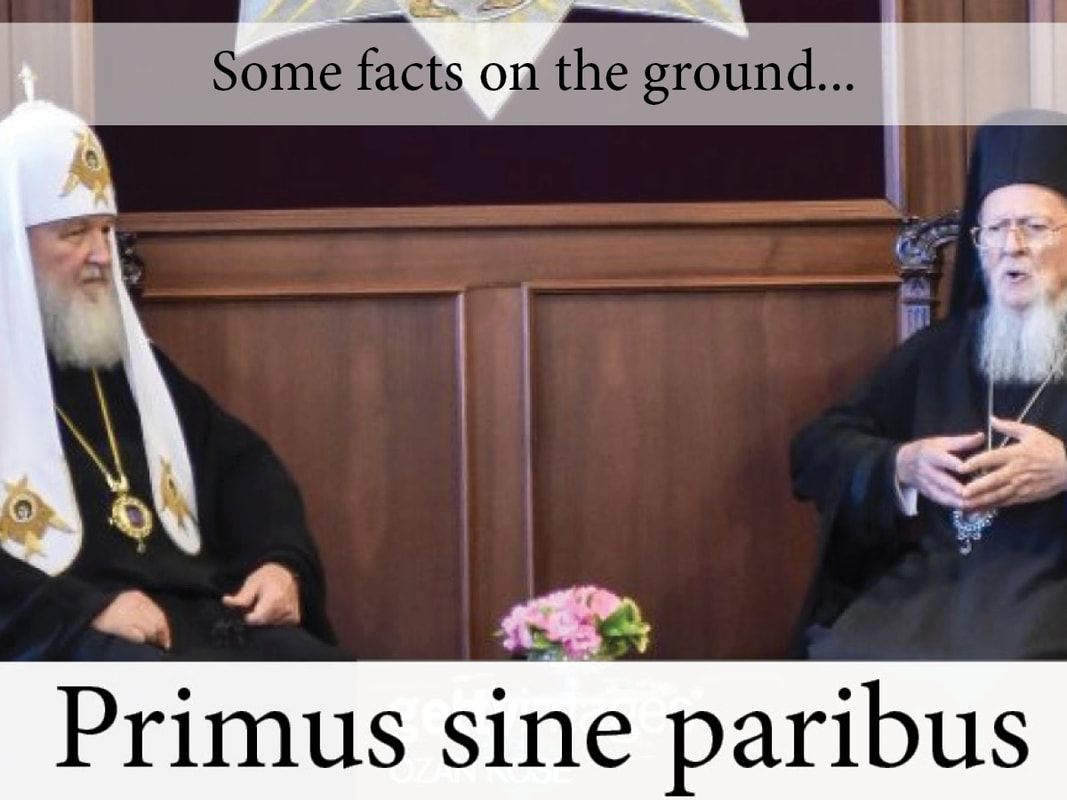
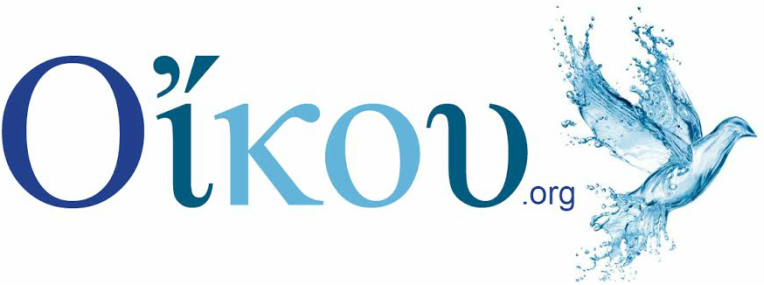
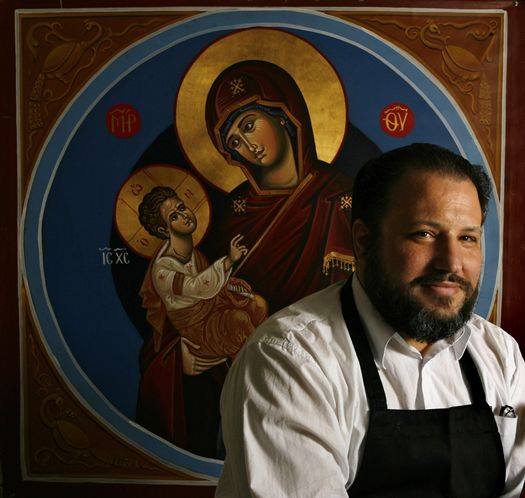
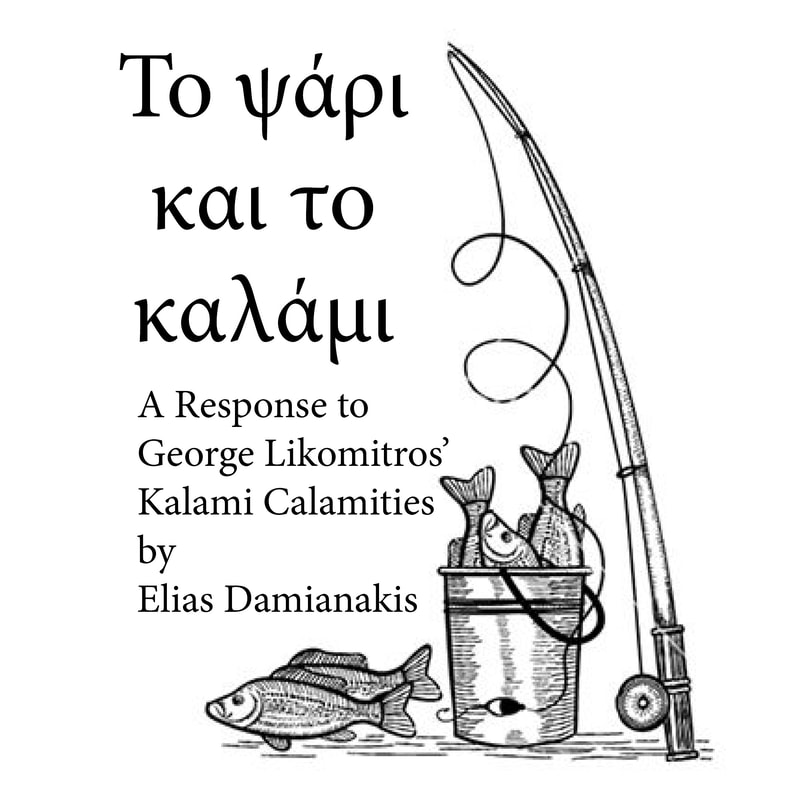
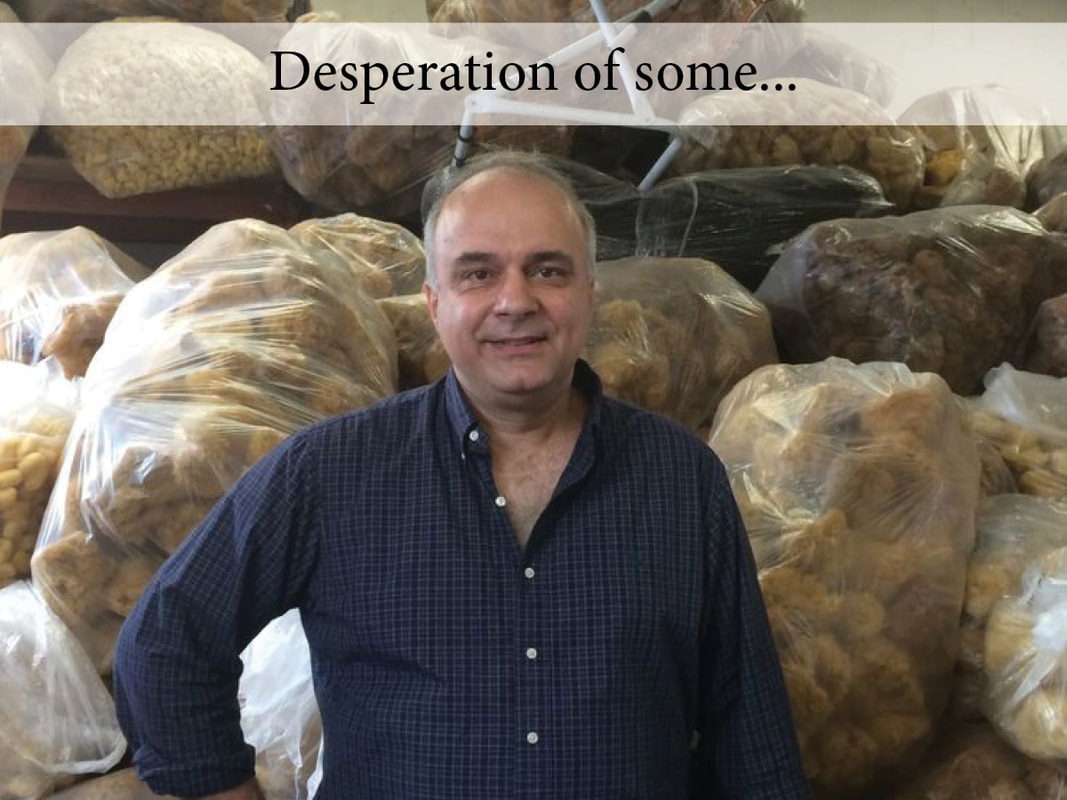
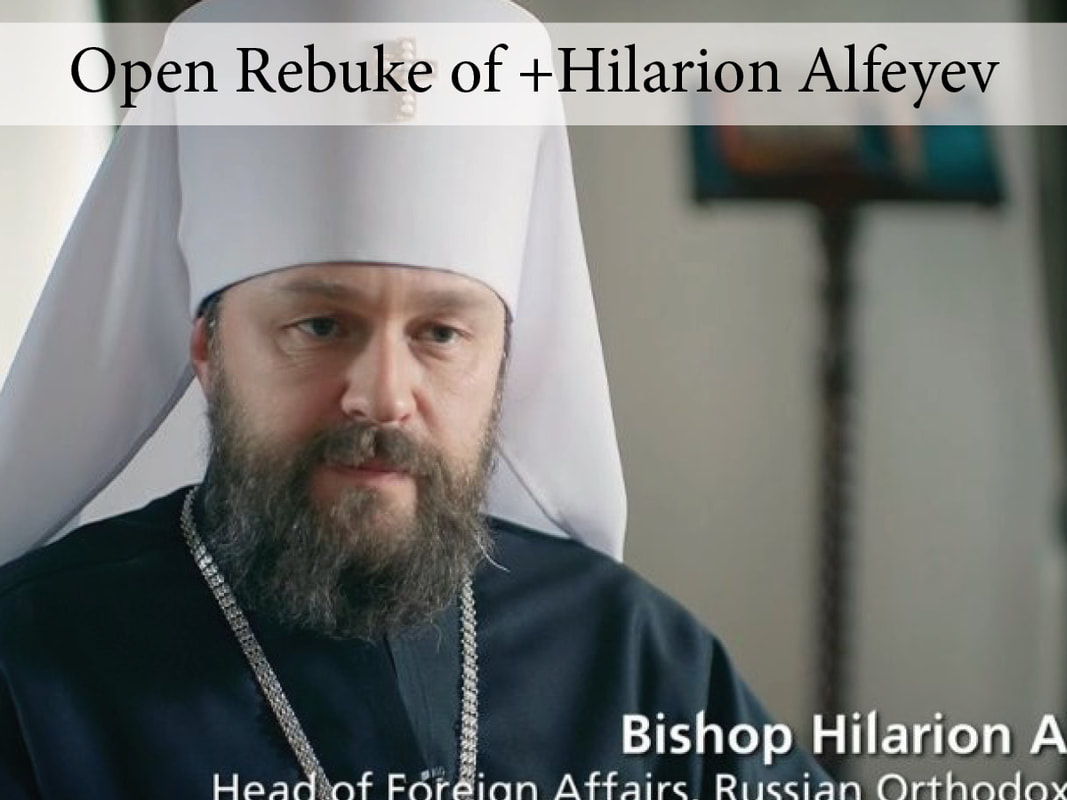
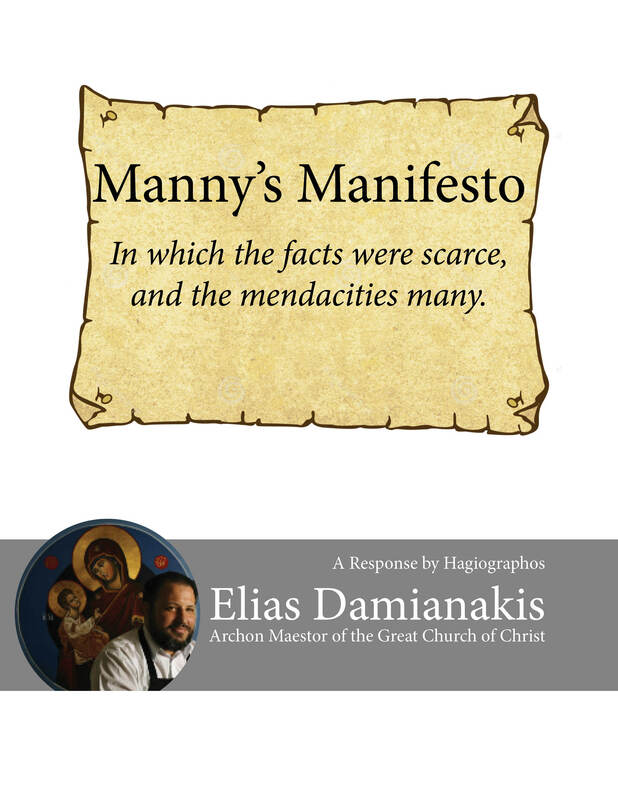
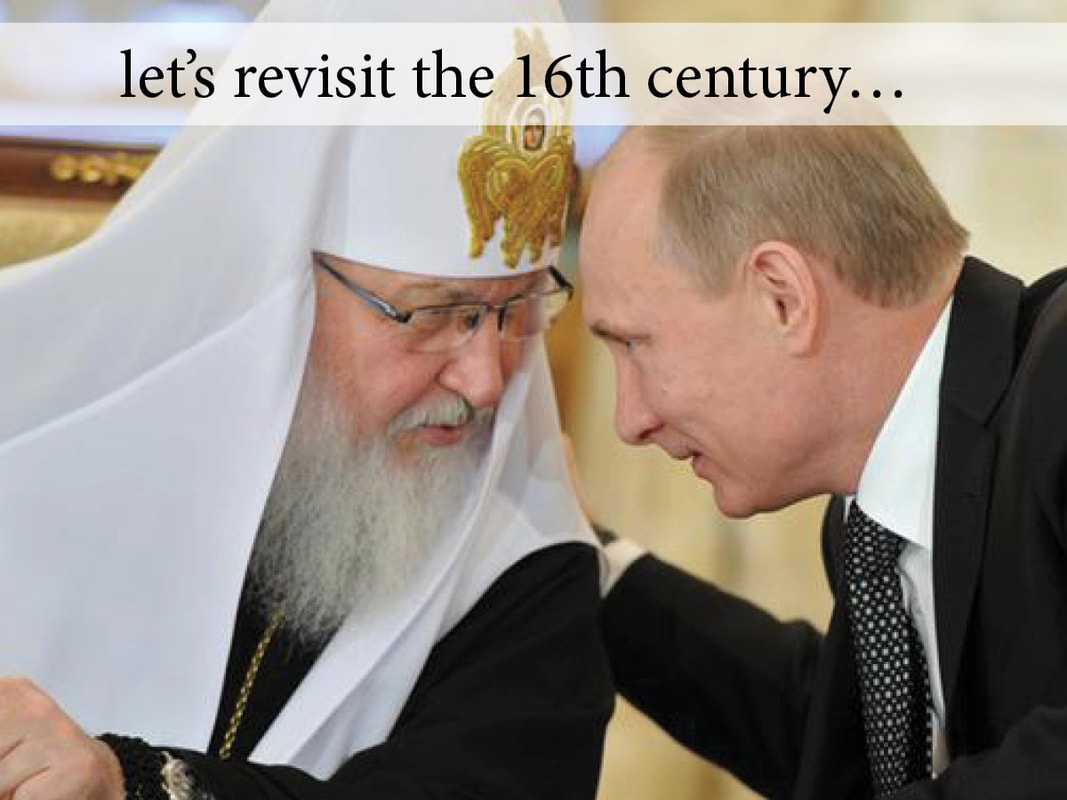
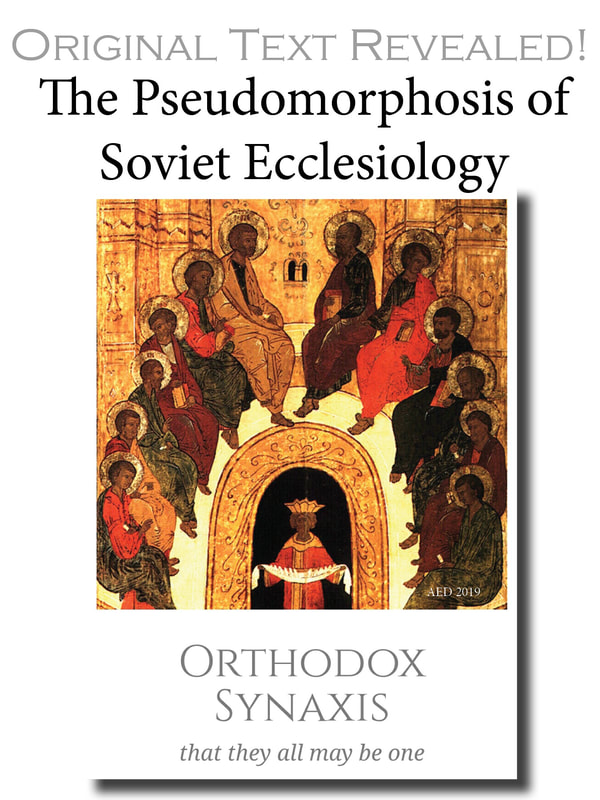
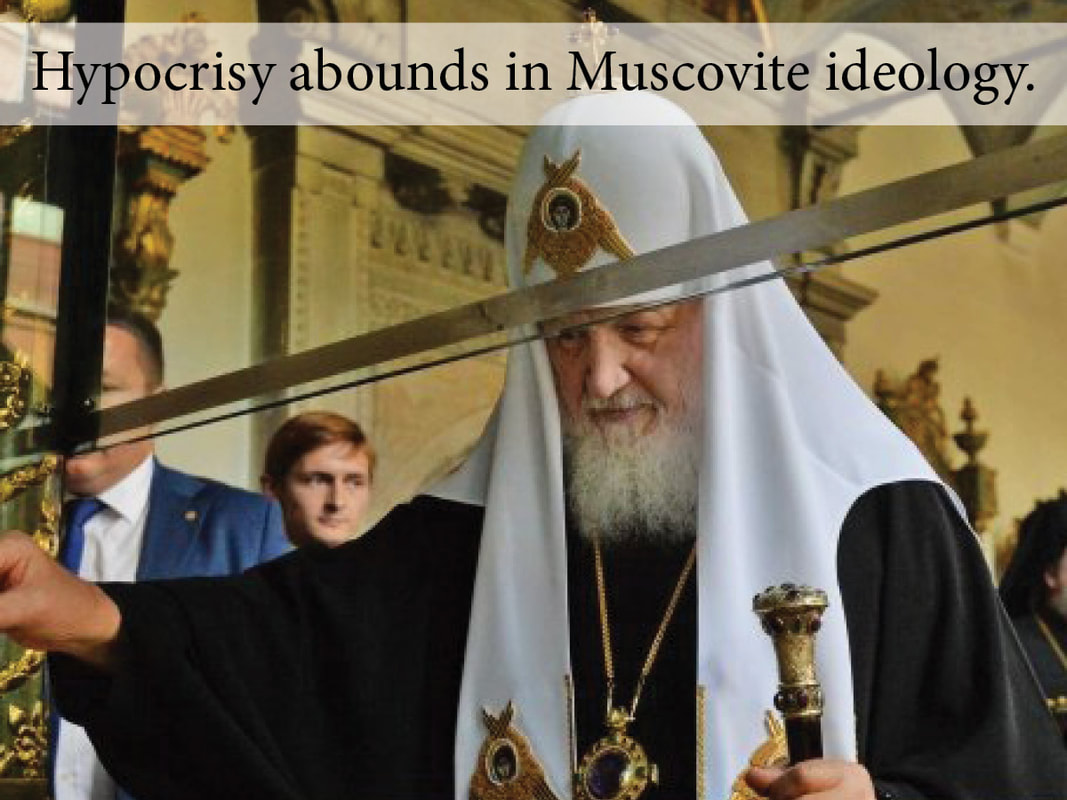
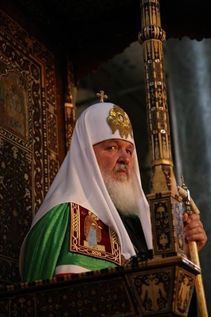
 RSS Feed
RSS Feed
